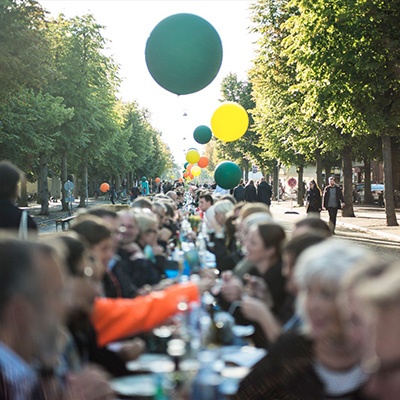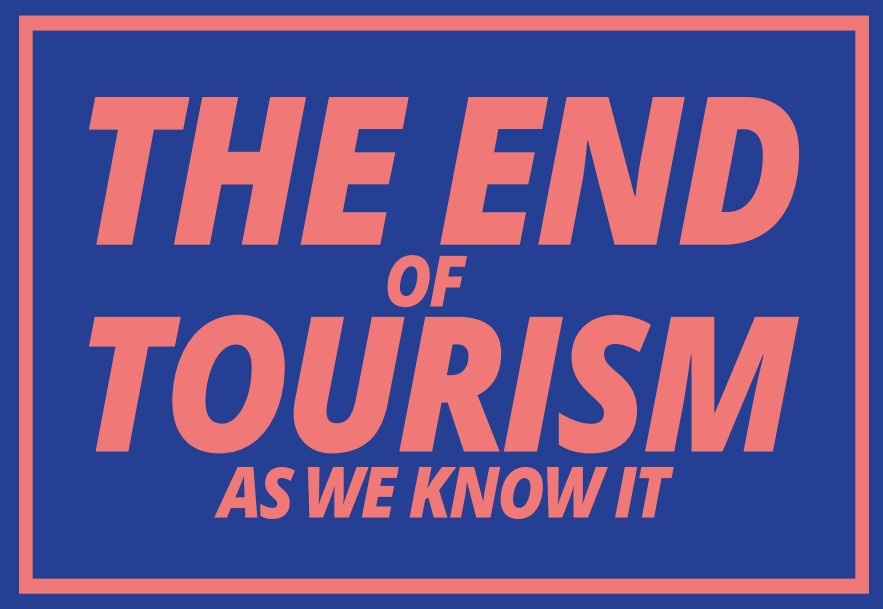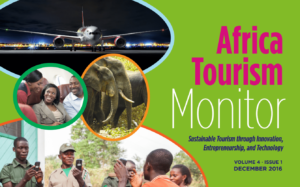Is it the “end of tourism” for Copenhagen?

This wasn’t some dystopian present in which the economic externalities of the travel & tourism industry have to be paid for and the emergent middle-class masses of Asia are forced to stay at home.
Not at all.
It was a slick new statement of strategy that would leverage the virtual word-of-mouth of social media, mine big data, tap growth markets, target demand for authenticity, and, at least rhetorically, speak the language of collaboration and inclusive growth.
“By declaring ‘localhood for everyone’, Wonderful Copenhagen encourages its destination to think of its visitors as temporary residents, instead of as tourists,” Destination Think’s Chief Strategist William Bakker said.
“As a resident, you’re part of the community, and you contribute to it. The shift here is that the tourism industry can also help visitors add value to the community, instead of asking permanent residents to exchange their quality of life for money.”
Bakker was part of the consulting team led by city marketing expert Frank Cuypers that reviewed Wonderful Copenhagen’s strategy before its release.
The End of Tourism strategy has five “strategic coordinates”:
Shareability is king
“With the proliferation of social media, information is now created by anyone and made available to everyone … Today, we as a Destination Marketing Organization (DMO) need to enable the relevant conversation through shareable destination moments and experiences, adding value through others to create a personal relationship with the brand essence – the localhood – of our destination.”
Once attracted, twice valued
“New digital sources of data allow us to move closer to visitors and engage beyond the initial attraction. Through updated insights of visitors’ movement and consumption patterns, we can identify the weak points of our destination and its products, remove these roadblocks and generate more value […] thereby increasing their propensity to recommend our destination and return.”
Tomorrow’s business today
“By 2020, international passenger arrivals are expected to reach 1.6 billion people globally […] driven by a new population of travellers, especially from the Asian region. Long-term investment is required today to ensure the business of these future growth markets tomorrow.”
Co-innovation at heart
“The big fish no longer eat the small: instead, the fast fish eat the slow. The digital economy allows new players to enter the market, leaving innovation as an increasingly open process. To Wonderful Copenhagen, collaborative networks have and continue to be a prevalent modus operandi […] we need to ensure sufficient agility within our existing networks to think in new ways and adapt to our new competitive landscape.”
People-based growth

CPH_born’n’raised: The local Harvest Festival has finally begun. Stop by if you’re in the neighborhood. Everyone’s welcome. #Streetparty #RoomForFun #StopBy #BringYourFriends #LocalhoodForEveryone
“As one of the world’s most livable cities and regions, Greater Copenhagen offers strong appeal to travellers, especially in an era of seeking out temporary localhood […] The delivery of an authentic experience of a livable destination depends on the locals […] and a destination in which locals interact with visitors in a way that [contributes to livability]. While strengthening our efforts to attract more visitors, we increasingly need to do so from a people-based growth perspective: growing not only to increase the number of visitors, but also to […] expand the value of visitors both to society at large and on a human scale.”
None of these are new ideas by any means, but kudos to the copywriters for the boldness of their pronouncement, which, at the very least, attracted this blog’s attention and belated coverage.
It isn’t the end of tourism, of course. However the way it is being talked about in Denmark might help change how the industry is talked about everywhere; as everyone’s business.
Download the ‘Wonderful Copenhagen Strategy 2020’.
Related posts






